Tet holidays – Since Tet is the first day of the new year, everyone has the opportunity to review the old work and “refresh” everything. New work can be started in terms of cleaning, whitewashing, painting, and decorating the house. The floors are cleaned, and the candlesticks and incense burners are polished. Tables and chairs are cleaned.
Adults and children alike showered and put on new clothes. This is also an opportunity for people to emotionally and spiritually renew themselves so that their relationships with their loved ones are stronger and their spirits are more at ease and joyful. At Ngoc Chau, everyone is eagerly looking forward to visiting their hometown and reuniting with their families.
Why does Vietnam have Tet holidays?
Lunar New Year is a holiday with profound humanistic meaning. This is a day, it is mean Tet holidays for all people to reunite with their families, return to their homeland, and remember their ancestors.
This is also the biggest festival in the traditional festivals of Vietnam. It is the point of intersection between the old year and the new year, between the cycle of operation of heaven and earth, all things, and plants.
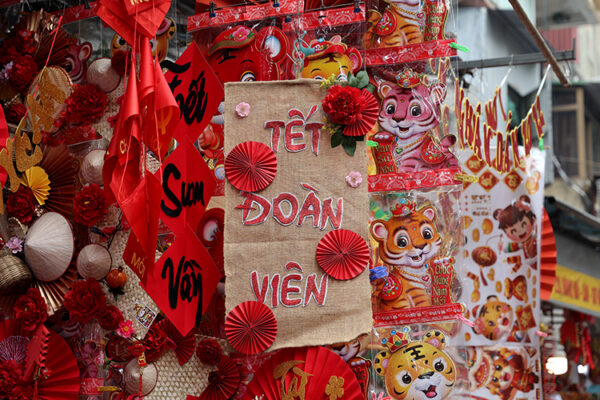
The Vietnamese Lunar New Year has a deep human meaning, expressing people’s longing for the harmony of Heaven, Earth, and Humans. Is the spirit of agricultural culture’s expression of man’s relationship with nature, with clans and villages in the ethnic community, with divine and sublime faith in spiritual life…
Tet Nguyen Dan (also known as Tet Ca, Tet Ta, Lunar New Year, Traditional New Year, New Year, or simply: Tet) is the most important holiday in the culture of the Vietnamese and some other ethnic groups. ethnic groups influenced by other Chinese cultures.
The original meaning of the word “tet” is “tiet.” The two words “Nguyen Dan” have Chinese roots: “yuan” means the beginning or the beginning, and “dan” means early morning. Therefore, the correct phonetic transcription should be “Tet Nguyen Dan” (the Chinese New Year is called Xuan Tiet, New Year, or New Year Nong calendar by the Chinese today).
Because the calculation of the Vietnamese lunar calendar is different from that of China, the Vietnamese Lunar New Year does not completely coincide with the New Year of the Chinese and other countries influenced by Chinese culture.
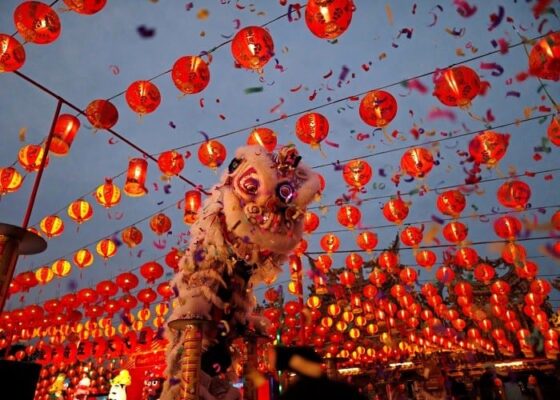
Because the lunar calendar is a calendar that follows the operating cycle of the moon, the Lunar New Year is later than the New Year. Due to the rule of three leap years and a lunar month, the first day of the lunar new year is never before January 21 and after February 19, but usually falls between the end of January and the middle of February. The entire annual Lunar New Year holiday usually lasts about 7 to 8 days at the end of the old year and the first 7 days of the new year (December 23 to the end of January 7).
The profound meaning of the Lunar New Year for Vietnamese people
Every year when Tet arrives, Vietnamese people expect to return to reunite under the family home for the three days of Tet, to worship in front of the ancestral altar, visit the church, the grave, the well, the yard, and so on to relive the loving memories of the beloved childhood. “Going home to celebrate Tet” is not an ordinary concept of going or returning but a pilgrimage to the origin, the place where vegetables are buried.
According to the Vietnamese concept, the first day of the Spring Festival is a day of reunion and union; the relationship between neighbors and neighbors is expanded, binding each other into a common morality for the whole society: family affection, the relationship between teachers and students, patients with doctors, matchmakers who have formed a couple, old friends…
Tet is also a day to reunite with those who have passed away. Families burned incense from dinner on the 30th night before New Year’s Eve to invite the spirits of their grandparents, ancestors, and deceased relatives to eat and celebrate Tet with their children and grandchildren.
In every Vietnamese family, the ancestral altar has a very important position. On Tet holidays, the altar of ancestors represents the Vietnamese people’s remembrance and respect for their ancestors and deceased relatives, with carefully selected five-fruit trays; a tray with many delicious dishes or familiar dishes of the deceased.
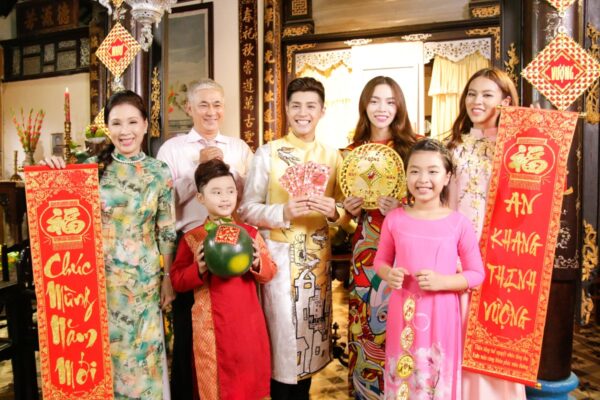
Vietnamese people believe that happy New Year’s days at the beginning of the year signal a good new year to come. The old year goes by, bringing bad luck, and the new year begins to bring people optimistic beliefs in life. If the old year was quite lucky, then the luck will last through the next year. In this sense, Tet is also a day of optimism and hope.
Tet is everyone’s birthday; everyone is one year older, so the saying when they meet each other is to celebrate one more year. Adults have the custom of celebrating the ages of young children and old people to wish their children to grow up quickly, be obedient, and study well, while the old people live long, healthy lives so that their children and grandchildren can be filial and enjoy blessings.
Vietnamese people choose Tet as an opportunity to give thanks. Children give thanks to their parents; parents give thanks to their grandparents and ancestors; staff give thanks to commanders. On the contrary, leaders also thank employees through receptions or gifts to celebrate Tet.
Ngoc Chau Company Announces The Lunar New Year Holiday
**TET HOLIDAYS NOTICE**
Please be informed that our office will be closed for:
– LUNAR NEW YEAR FESTIVAL (Tet holiday) from Jan 19th to Jan 29th, 2023. We’ll resume working on Jan 30th, 2023.
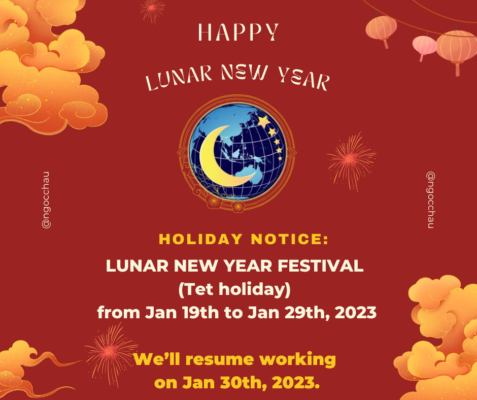
————————————————————————
NGOC CHAU – NATURAL RUBBER FROM VIETNAM
Contact us:
📍Address: Lexington Building, No. 67 Mai Chi Tho Street, An Phu ward, Thu Duc City, Ho Chi Minh City 70000.
☎️Mob: 0084 902338498/ 0084 981736778
📞Tel: 0084 2822533337/38/39
📠Fax: 2822533337
✉️Email: info@ngocchausupplier.com
🌐Website: https://ngocchausupplier.com/









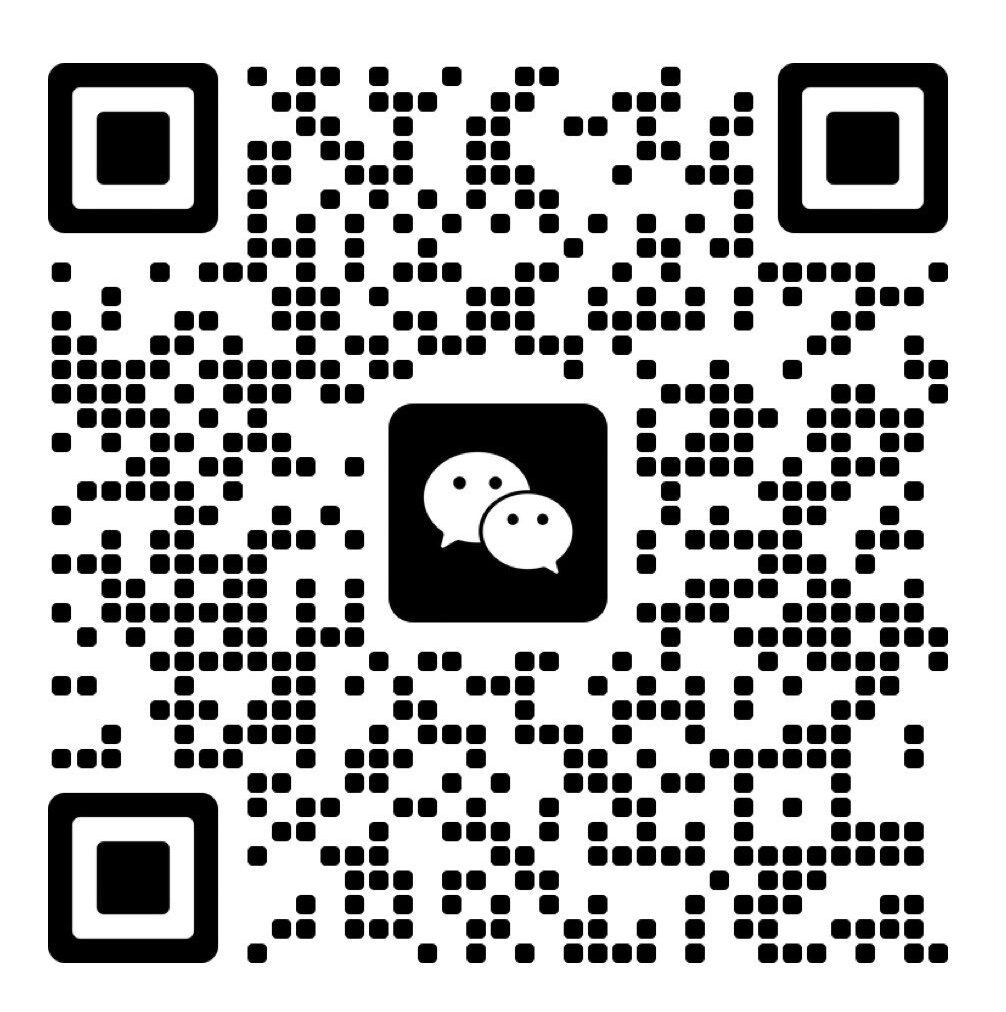 Ms Evan
Ms Evan